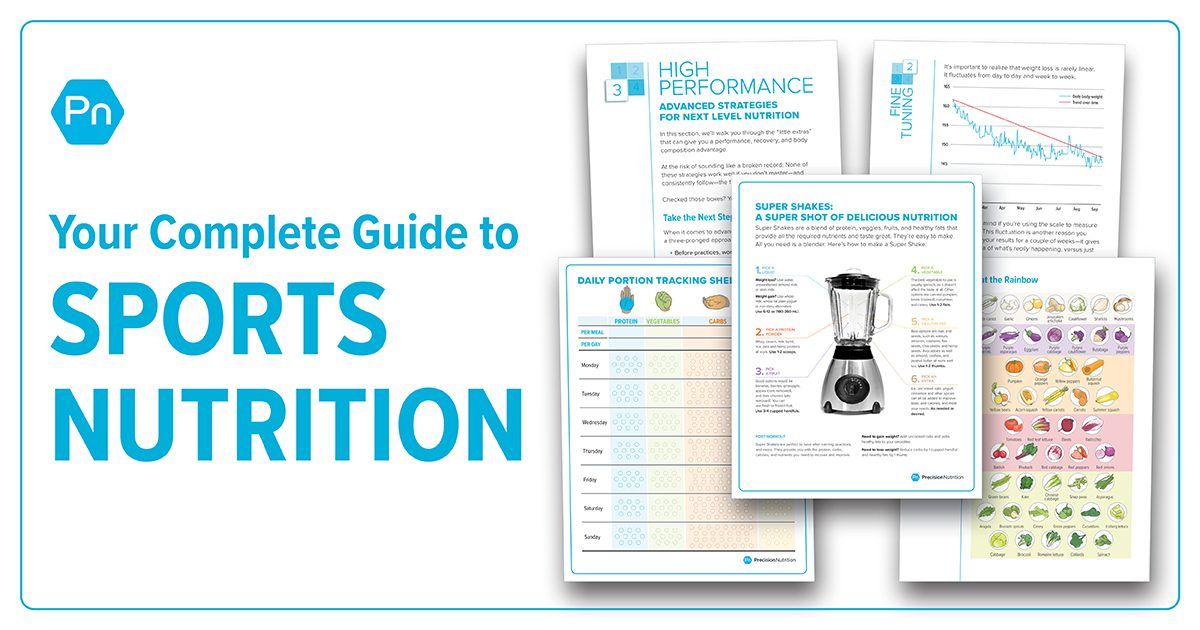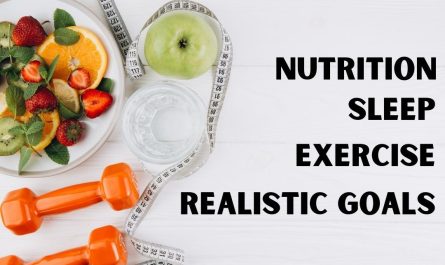Weight loss is a common goal for many people, but it can be challenging to achieve and maintain in the long term. Creating a sustainable weight loss plan is essential for lasting results and overall well-being. In this article, we will discuss how to create a sustainable weight loss plan that works for you.
Set Realistic Goals
One of the most important aspects of creating a sustainable weight loss plan is setting realistic goals. It’s essential to be honest with yourself about what you can achieve and to set goals that are achievable and sustainable. For example, instead of aiming to lose 20 pounds in a month, set a goal to lose 1-2 pounds per week. This approach is more realistic and sustainable in the long run.
Focus on Nutrition
Nutrition plays a significant role in weight loss and overall health. To create a sustainable weight loss plan, focus on eating a balanced diet that includes a variety of fruits, vegetables, lean proteins, whole grains, and healthy fats. Avoid fad diets or extreme restrictions, as they are not sustainable and can be harmful to your health in the long term.
Stay Active
Exercise is another essential component of a sustainable weight loss plan. Incorporate a mix of cardiovascular exercise, strength training, and flexibility exercises into your routine to help you burn calories, build muscle, and improve your overall fitness. Find activities that you enjoy and make them a regular part of your routine to stay motivated and consistent.
Practice Mindful Eating
Mindful eating is a technique that can help you develop a healthier relationship with food and improve your eating habits. Take the time to savor your meals, eat slowly, and pay attention to your hunger and fullness cues. Avoid distractions while eating, such as watching TV or scrolling through your phone, as they can lead to mindless eating and overeating.
Get Adequate Sleep
Sleep plays a crucial role in weight loss and overall health. Aim to get 7-9 hours of quality sleep per night to support your weight loss efforts. Lack of sleep can disrupt your hormone levels, increase cravings for unhealthy foods, and hinder your ability to make healthy choices throughout the day.
Stay Hydrated
Drinking an adequate amount of water is essential for overall health and weight loss. Aim to drink at least 8-10 glasses of water per day to stay hydrated and support your metabolism. Avoid sugary beverages and focus on water, herbal tea, and other low-calorie drinks to help you reach your weight loss goals.
Track Your Progress
Tracking your progress is essential for staying motivated and on track with your weight loss plan. Keep a food diary, log your exercise sessions, and take measurements of your body to monitor your progress over time. Celebrate your successes and learn from any setbacks to adjust your plan as needed.
Conclusion
Creating a sustainable weight loss plan requires making small, realistic changes to your lifestyle that you can maintain in the long term. Focus on nutrition, exercise, sleep, hydration, and mindful eating to support your weight loss goals and improve your overall well-being. By setting realistic goals, staying consistent, and tracking your progress, you can create a sustainable weight loss plan that works for you.




